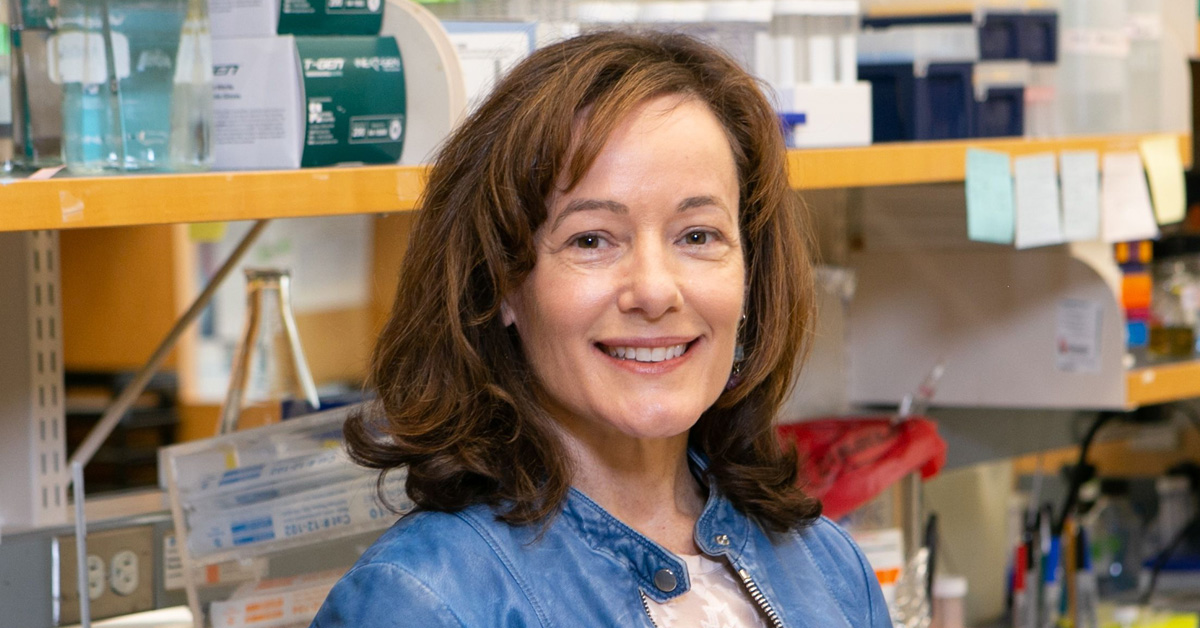
When I was a PhD student, I joined a cancer-related lab where the mentor was smart and inspiring. I continued doing cancer research as a postdoctoral researcher because, at the time, it was a big mystery as to how the newly identified hereditary breast cancer genes prevented cancer. In my lab’s current research, we have uncovered a new function for the hereditary breast cancer genes that we believe, when lost, is the fundamental cause of cancer and why hereditary cancers are sensitive to chemotherapy. From these projects, we hope to ultimately learn how to better treat cancer. Learn more about my research here.
The Past, Present, and Future of Cancer Research
Over the course of my career in science, I have seen the field of cancer research become more collaborative and there has been an explosion of research publications. In terms of the most promising techniques in cancer research, full-genome cancer sequencing held such promise; however, it is clear now that this technique falls short because it provides no insight as to whether gene mutations are pathogenic (capable of causing disease). Instead, current technologies that are providing robust functional screens are most useful. In the future, I think that big data will reveal information about the environmental causes of cancer and how they overlay with human genomic differences.
Advice to Students Considering a Career in Cancer Research
It is still difficult for nontraditional researchers (that is, non-white men) to achieve their career goals. Direct and indirect bias is present at every step, and one has to develop a very thick skin and find avenues to have fun (meaning do not let a perceived style of science dictate how you operate). Figure out what works for you and do it without concern for how others perceive you.
A Message to Patients and Potential Donors
Individuals who have learned that they have a cancer diagnosis have reason to be positive, as cancer research is moving very fast. Cancer patients have opportunities to take part in research studies — without participation from patients, research and development is not possible. Research is expensive and money (lots) from donors is needed. Donors should expect their patrons to routinely engage with them to share the downs and ups. In other words, donors should expect to join the process.
A Personal Note
I developed an interest in science mainly because I am a curious person who likes to complete puzzles and am inspired by exciting data and new insight. The most enjoyable part of my job as a researcher is communicating and working with other scientists who are thinking about similar problems. One thing that many people may not know about me is that I believe a life of sports is key to my success — it continues to teach me that hard work and team dynamics are fundamental.
About Sharon Cantor
Sharon Cantor, PhD, is a professor in the Department of Molecular, Cell & Cancer Biology at the UMass Chan Medical School. Dr. Cantor earned a PhD from Tufts University and received postdoctoral training at Harvard Medical School. In college she received a full athletic scholarship to attend the University of Michigan, where she was named Academic All-American and was selected to the USA women’s field hockey squad.